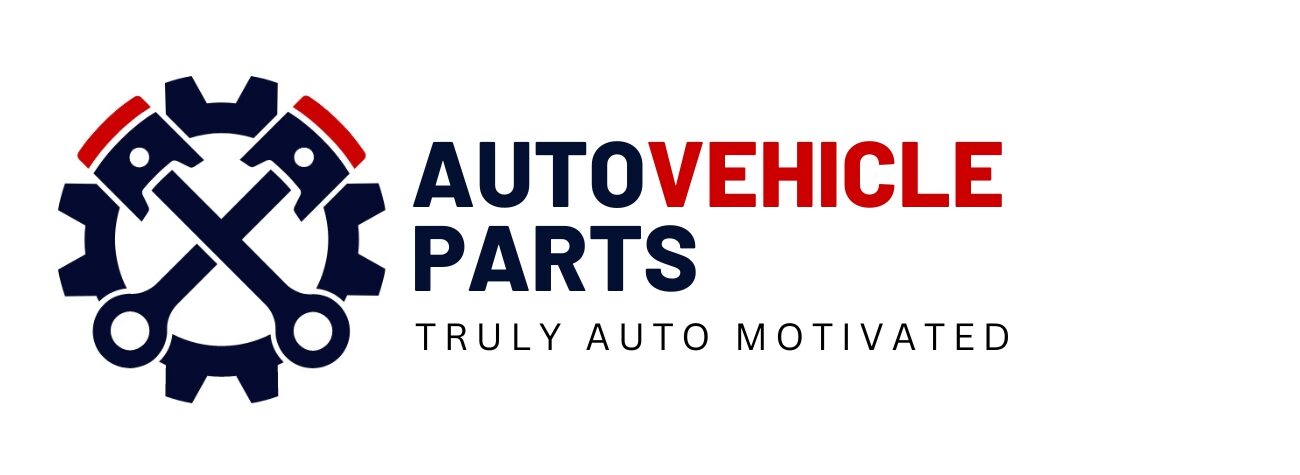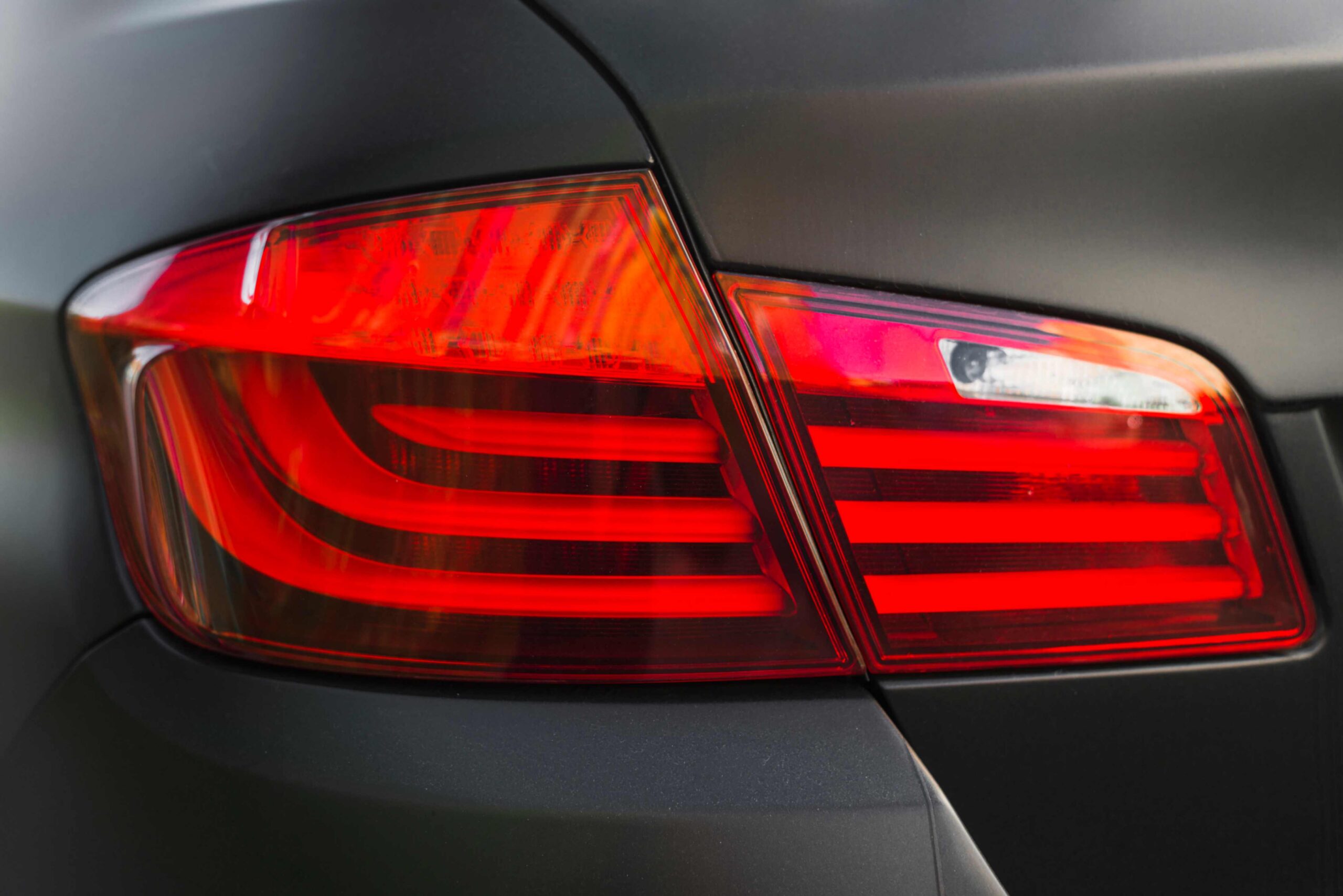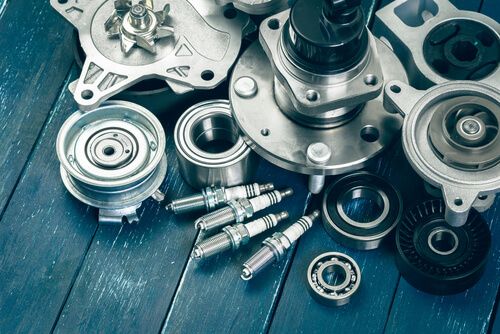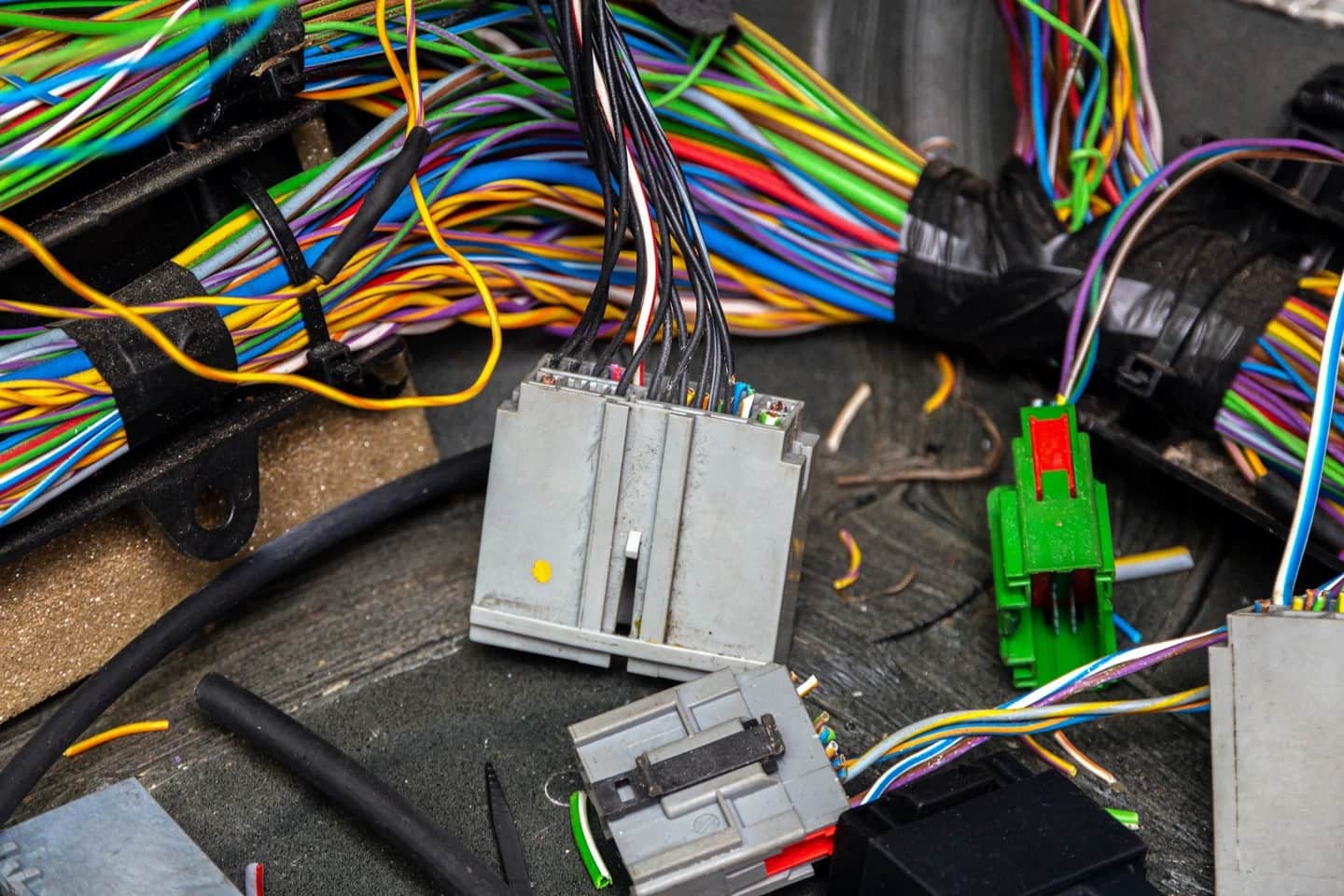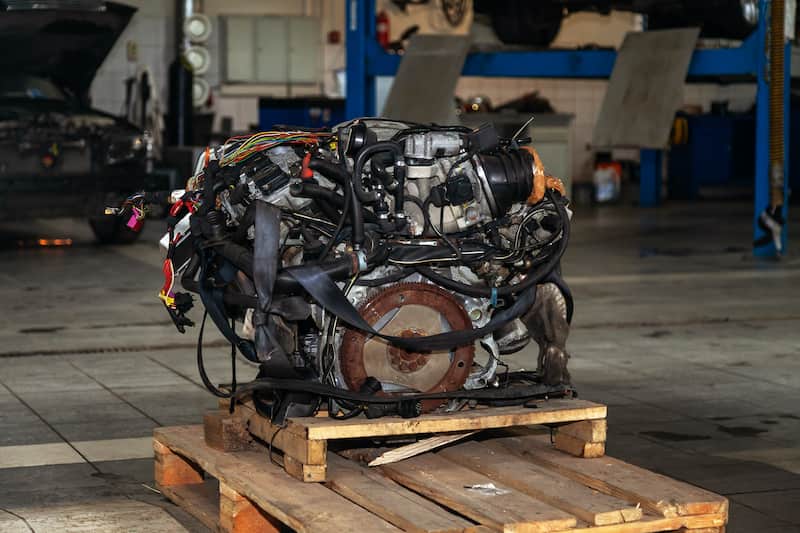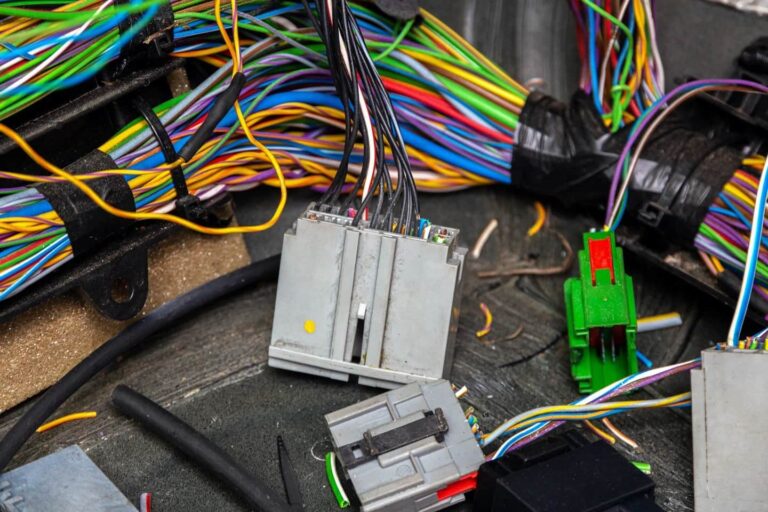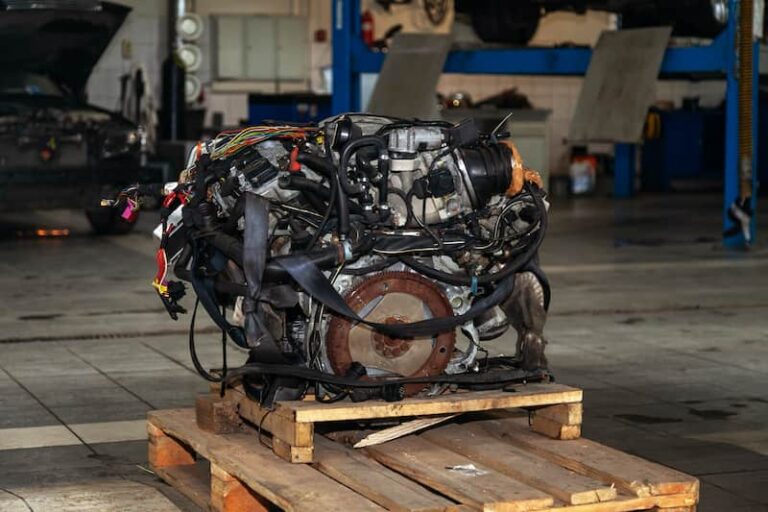Table of Contents
ToggleCommon Reasons Making your Car Lose Power While Accelerating
The common reason a car losing power while accelerating due to a clogged fuel or engine air filter. This problem causes your vehicle to lose control during acceleration because not enough energy can be delivered to the cylinder, causing the car to lose control.
If your vehicle is not getting the required fuel consumption, it will usually drop in energy. If you are driving and your car is running well but suddenly loses power when you accelerate, it could be a fuel delivery problem.
Problems like losing power while accelerating are sure to follow when fuel isn’t getting to your car’s engine. Loss of control is most noticeable during acceleration. There are many causes, including air entering the engine, fuel consumption, and even exhaust system failures. An overloaded internal combustion engine cooling system can also be the cause of your vehicle losing power.
Maybe an Engine problem?
An engine problem can result in a loss of power when the accelerator pedal is depressed. The engine has low compression, the machine will not generate enough power, causing acceleration problems. If the compression level is down due to faulty seals or other issues, the car’s engine will generate a low power level. If the oxygen sensor is defective, it can result in a lean mixture in your car’s engine. It can cause the engine to lose control when accelerating.
When the breather valve is defective or clogged, air cannot pass through properly. It affects fuel delivery causing the engine to flood and lose power. The vent hose or fuel tank valve is often overlooked as the cause of engine puffs and power loss.
Also check: Symptoms of bad car thermostat
How to solve the problem?
To solve this problem, find the Fuel Filter for your vehicle. Over time, the fuel filter itself can become clogged with excess material in the fuel system. It prevents gasoline or diesel fuel from reaching the engine. If one of these filters or the exhaust pipe becomes clogged, it will damage the car’s engine. And reduce the power it can produce. While the fuel filter is the cause of the most common fuel system problem and the easiest to fix. A power failure can also be a problem with the fuel pump or fuel line.
This fuel filter problem often occurs when driving uphill or overtaking a car, as you won’t get the power and acceleration you need. A clogged air filter prevents the proper air from getting into the cylinders to burn fuel properly. It affects the energy required for acceleration and driving. Once the filter becomes clogged, the fuel pump has to exert more force, resulting in much less efficient driving.
If the fuel injectors are clogged or leaking, your vehicle will have difficulty accelerating. This can make it difficult for the car to reach high revs if there is any blockage and leakage in fuel injectors. Of course, if the injector is faulty or clogged. It won’t be able to properly inject fuel into the vehicle’s engine. A dirty or clogged fuel system can cause the engine to run out of fuel. And is always a possible cause of low engine power.
Bad injector or a bad fuel pump?
Whether your car has a bad injector, a bad fuel pump, or just old, worn spark plugs, a lousy injector can also cause loss of power. If there is any damage to your cylinder or your spark plugs are misfiring. This can reduce the amount of energy your car needs to function correctly. If your vehicle loses power when accelerating or going uphill or rattles when maintaining high speed. It may be the result of a worn fuel pump.
Since fuel is an essential component of successful combustion. A malfunctioning fuel pump can cause acceleration and cruise control problems and even potential problems when starting the engine. If a gasoline engine needs more fuel than it injects. Anything that prevents fuel from getting into the cylinder will cause a loss of power.
When there are restrictions in the exhaust system, your car’s engine will not mix the correct air/fuel ratio, putting your car’s performance at risk. If the fuel filter becomes clogged and the fuel does not enter the engine chamber in the correct amount, the vehicle’s engine will not perform at its optimum level.
Also check: Fix car shaking while accelerating
Malfunctioning
One of the most common symptoms of a malfunctioning mass airflow sensor is your vehicle’s engine burning out at a low or high fuel/air ratio. In addition to a clogged fuel filter, catalytic converter, and incorrect fuel/air ratio, vehicles can also experience poor acceleration due to vacuum leaks, faulty throttle position sensor and throttle control valve, and faulty idle air.
Malfunctioning or dirty mass airflow (MAF) sensors, idle speed control (IAC) valves, or clogged throttle body “throttle” valves can also affect airflow into the engine, creating acceleration forces. Whether your car has neglected repairs like a clogged exhaust manifold, a dirty air filter or a clogged fuel filter, or a more common severe compression issue, all of these can lead to a loss of power under acceleration. Holes, valve leaks, head gasket problems, and other engine problems can cause pressure loss (poor compression) inside the engine, which means you won’t get full power and performance. If your diesel particulate filter is clogged or clogged, you’ll find your vehicle goes into emergency mode, which kicks in as soon as the vehicle’s computer system detects a problem that could jeopardize the engine or transmission. You can also buy used genuine car parts for resolving this problem.
